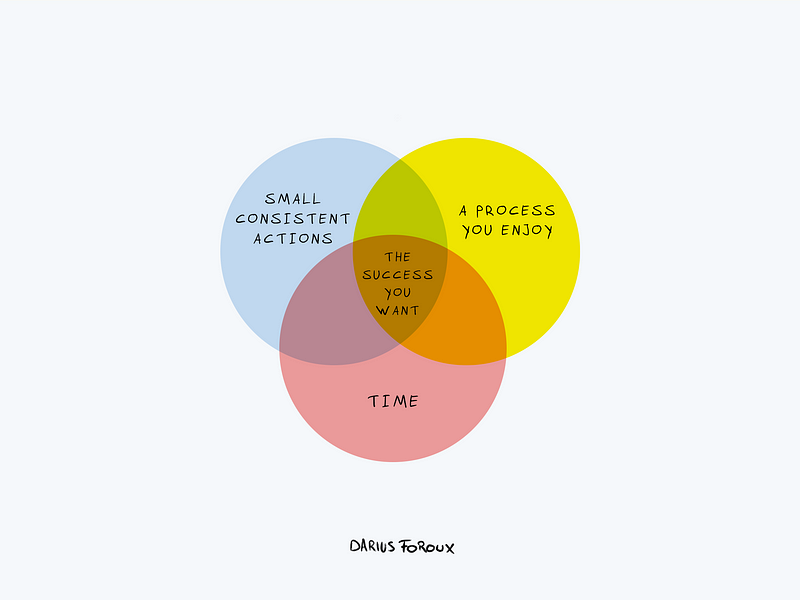Five Eye-Opening Lessons From Leaving My 9-to-5 Job Behind
Written on
Chapter 1: Defining Freedom
What does freedom signify for you?
For some, it represents the chance to dedicate themselves to passion projects without the burden of financial stress.
For others, it might mean having enough funds to explore the globe, start a family, purchase a home, or indulge loved ones in a month-long getaway.
This yearning for greater autonomy in life often pushes us to increase our earnings. After all, more money typically equates to more freedom, right? Well, not necessarily.
Many individuals possess substantial wealth but also bear significant responsibilities, limiting their ability to act freely.
Since 2015, I have been fully self-employed, transitioning from a 9-to-5 position at an IT research firm in London.
Upon leaving that job, I still carried student debt and had only a few thousand to my name. By 2019, however, my business had generated enough income for me to attain financial independence.
Allow me to share the most profound lessons I gleaned from that experience—many of which caught me off guard.
Section 1.1: The Limits of Specialized Skills
- Your professional expertise is not sufficient.
Regardless of your proficiency in your current role, it is crucial to acquire a diverse range of income-generating skills, such as persuasion, writing, public speaking, leadership, decision-making, and accounting.
Yes, you read that right—accounting!
To achieve true independence and financial freedom, you must be versatile. This is an aspect that many overlook or choose to ignore.
“I prefer to be a specialist!” Well, my friend, you need to embrace both pathways. Otherwise, genuine independence remains elusive.
Section 1.2: Harnessing Time to Your Advantage
- Time should be your ally more than you realize.
Many people chase hacks or shortcuts to achieve their objectives as swiftly as possible, which is a natural inclination.
While I advocate for finding efficient methods, such as utilizing tools or delegating tasks, it's important not to rush the process.
Developing a successful career is a marathon, not a sprint.
If you aspire to create content full-time—be it through writing or vlogging—pursue it, but be prepared for a gradual progression.
While some achieve rapid success, most of us must exercise patience.
For instance, I have been writing almost daily since 2015, producing over 500 articles and preparing to release my first traditionally published book in February 2024—nearly nine years after I began.
How do you turn time into an ally? Through consistency.
If you aim to be a vlogger or writer, commit to a specific quantity and quality of content over a sustained period.
If your goal is to grow your business, set targets for pitching prospects or selling products.
Time amplifies your efforts when you're consistent.
Conclusion: The Reward of Freedom
Achieving freedom is not for the faint-hearted; it demands hard work, commitment, and the courage to confront challenges directly.
Nevertheless, the journey to fulfilling your personal ambitions and attaining freedom is well worth the effort.
Even if it requires time, the process of building something from the ground up, making a positive impact, and transforming your dreams into reality brings a sense of fulfillment that makes all the hard work worthwhile.
